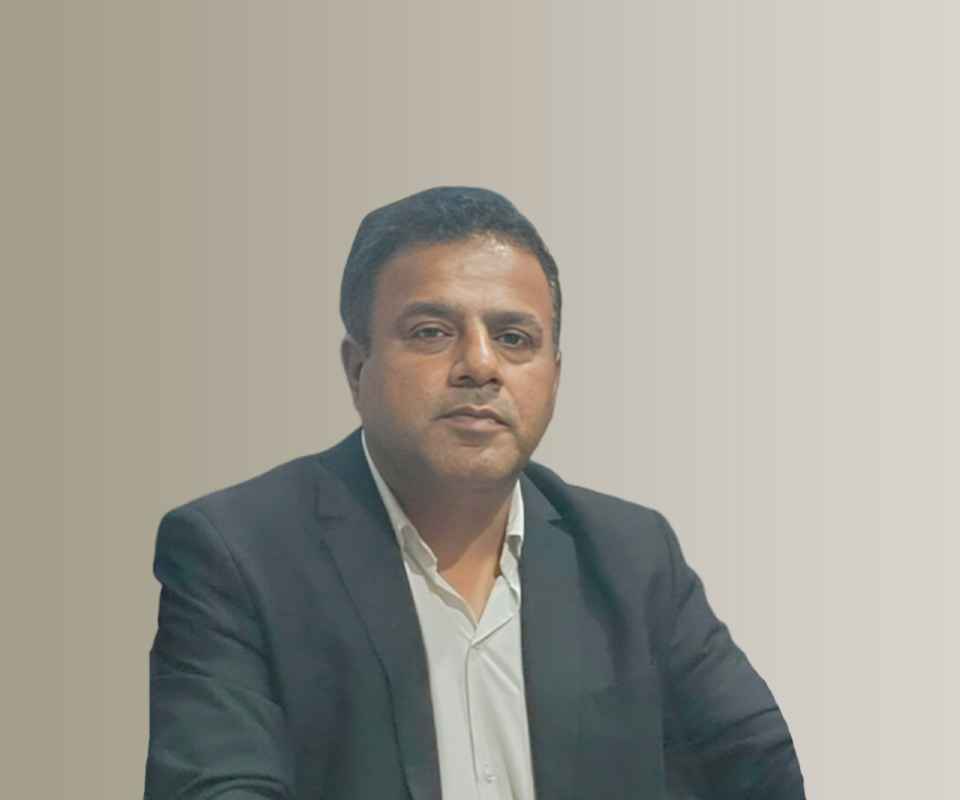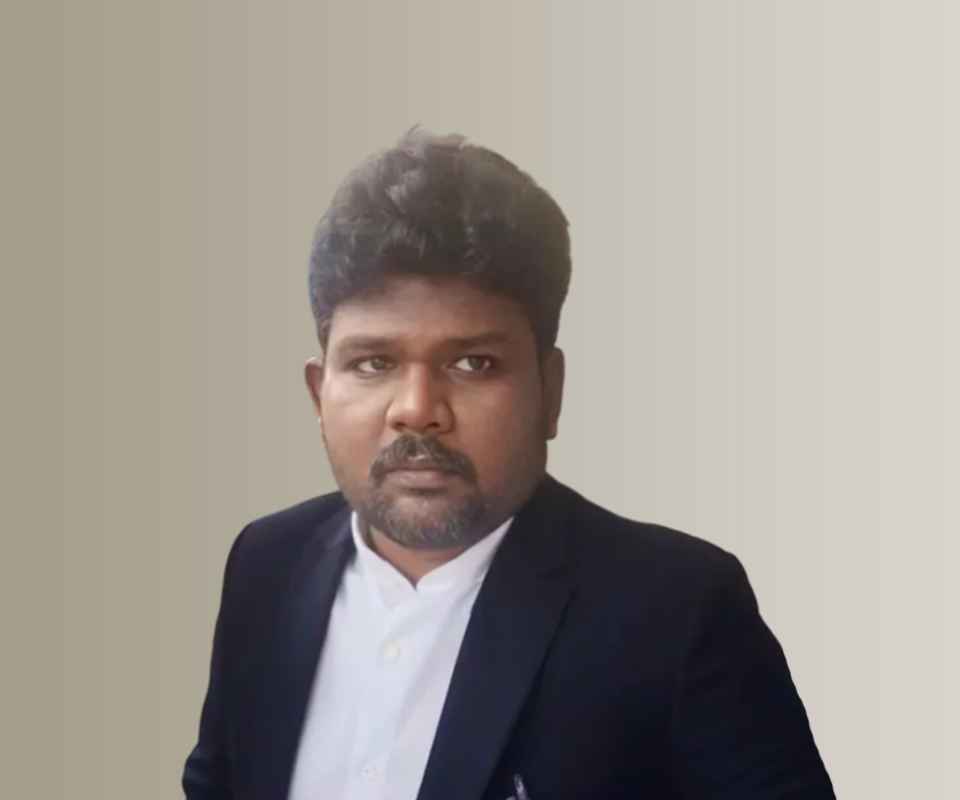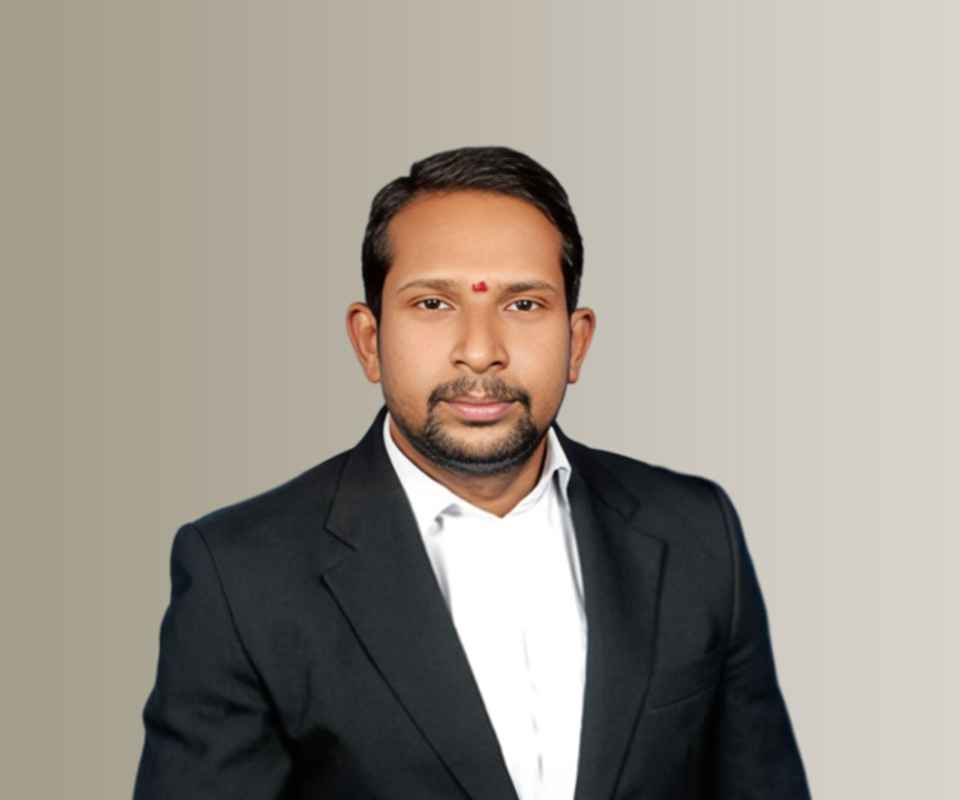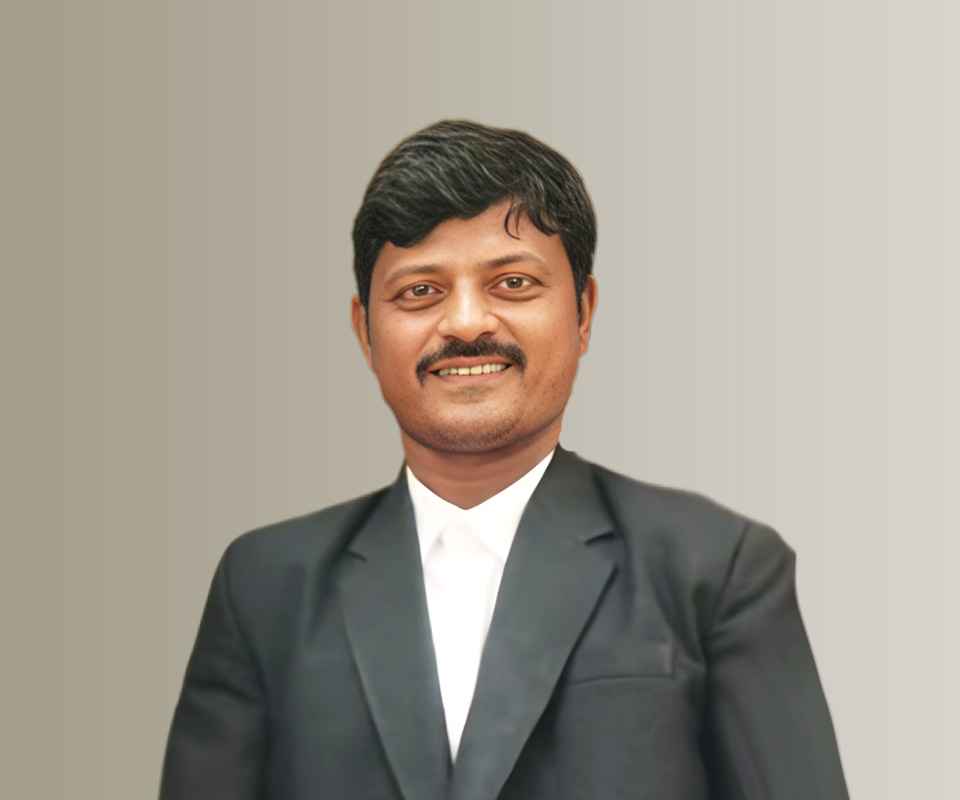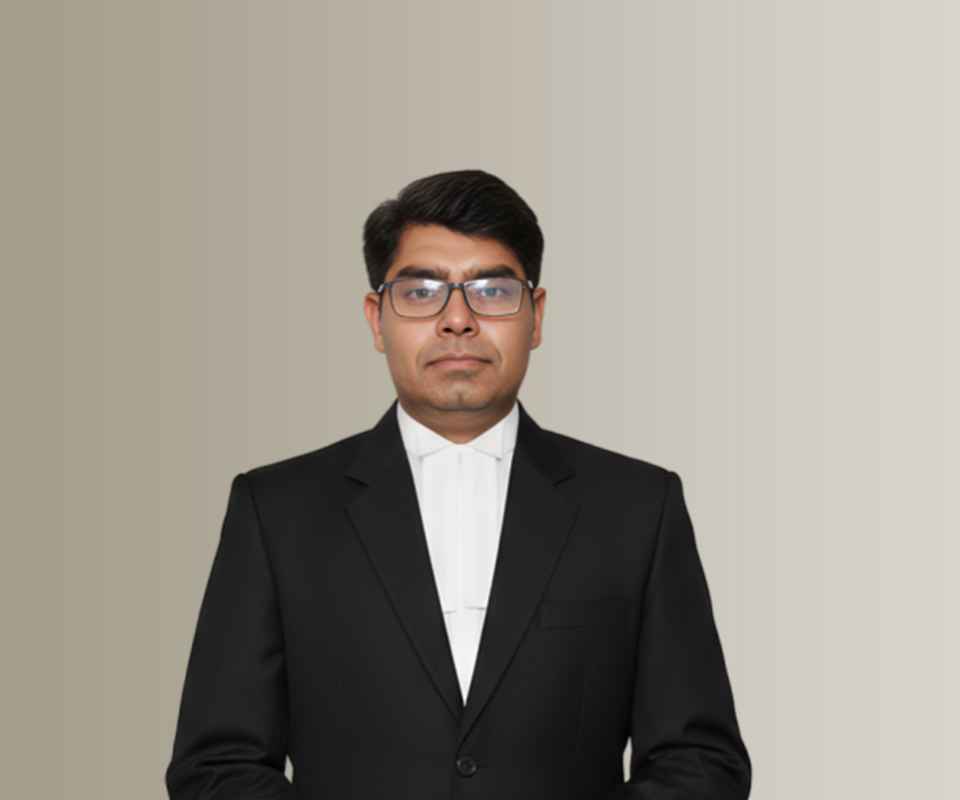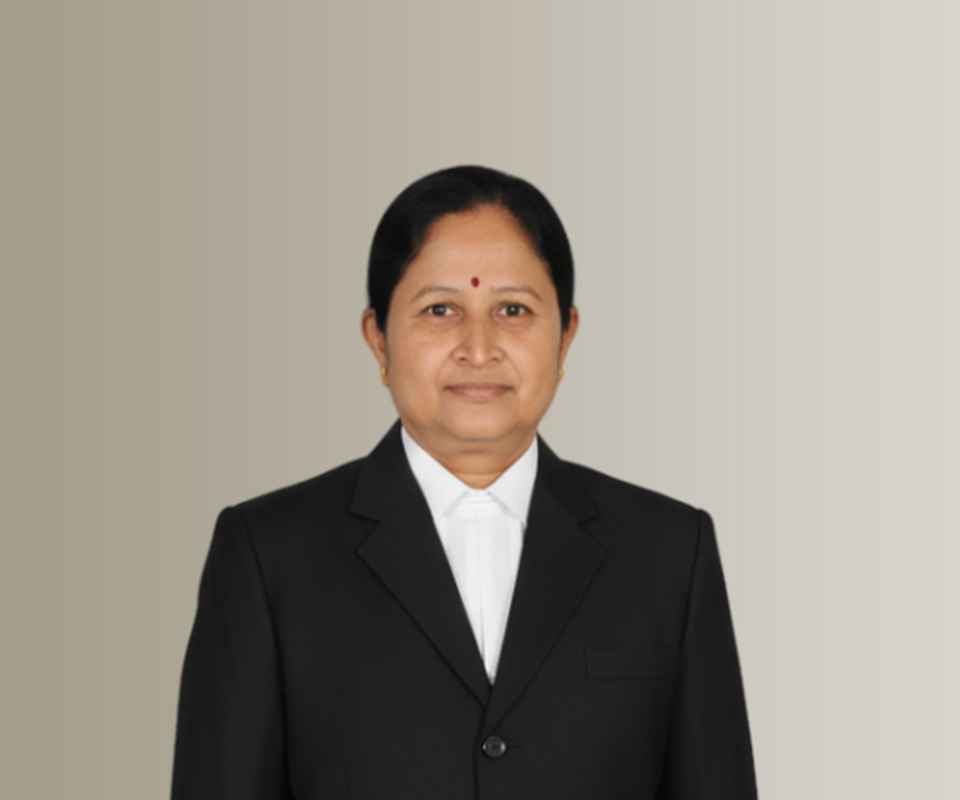Answer By law4u team
Under the National Medical Commission (NMC) regulations in India, professional misconduct refers to actions or behaviors by medical professionals that violate established medical ethics, professional standards, or legal requirements. Such misconduct compromises patient safety, undermines the integrity of the medical profession, and can lead to disciplinary action, including suspension or cancellation of a doctor’s medical license.
Types of Professional Misconduct Under NMC Regulations:
1. Violation of Medical Ethics:
Unethical Practices: Any action by a doctor that violates medical ethics or compromises patient trust is considered professional misconduct. This includes engaging in sexual harassment, abuse, or exploiting the doctor-patient relationship for personal gain.
False Representation: Representing oneself with fraudulent qualifications, degrees, or misrepresenting one's abilities or specialties is a violation of professional ethics.
2. Medical Negligence:
Failure to Provide Standard Care: A doctor who fails to provide the standard of care expected in their field, resulting in harm or injury to the patient, may be considered guilty of medical negligence.
Substandard Treatment: Providing inadequate treatment or failing to diagnose conditions correctly can lead to charges of negligence.
Failure to Obtain Informed Consent: Failing to inform a patient about the risks and benefits of a procedure before performing it may also be classified as negligence.
3. Fraud and Misrepresentation:
Falsifying Medical Records: Doctors who falsify medical records, test results, or prescriptions can be charged with misconduct.
Unlawful Prescriptions: Prescribing unnecessary medications, excessive doses, or non-approved treatments can also be deemed as misconduct under NMC guidelines.
4. Substance Abuse:
Practicing Under the Influence: If a doctor practices while impaired by alcohol or drugs, it is considered a severe violation of professional ethics. This compromises their ability to perform medical procedures competently and safely.
Addiction: Ongoing substance abuse that affects a doctor’s ability to perform their duties may lead to disciplinary action, including suspension or cancellation of the medical license.
5. Impairment of Professional Duties:
Failure to Maintain Professional Competence: Doctors are expected to keep up with advances in medical knowledge and improve their skills. Failure to do so, especially in critical areas, can lead to professional misconduct charges.
Inappropriate Behavior: Doctors must maintain professional conduct both within and outside the medical practice. Inappropriate behavior such as violence, fraud, or misuse of authority is grounds for disciplinary action.
6. Breach of Patient Confidentiality:
Disclosing Confidential Information: A doctor has an ethical obligation to maintain the confidentiality of patient information. Revealing patient information without consent, unless required by law, is considered misconduct.
7. Engaging in Unnecessary or Harmful Procedures:
Performing Unnecessary Surgeries or Tests: Doctors who perform unnecessary surgeries or medical procedures for financial gain or other non-medical reasons can be charged with misconduct.
Unapproved Experimental Treatments: Using experimental treatments or unapproved procedures without informed consent can be considered serious misconduct.
8. Exploiting the Doctor-Patient Relationship:
Sexual or Emotional Exploitation: Any exploitation of the doctor-patient relationship for personal gain, including sexual or emotional manipulation, is considered professional misconduct.
Financial Exploitation: Pressuring patients into unnecessary treatments or overcharging for services can also lead to charges of misconduct.
9. Criminal Activities:
Engaging in Criminal Acts: Any doctor who engages in criminal activities, such as fraud, theft, assault, or bribery, and this behavior is linked to their professional role, can face cancellation of their license and other legal actions.
Disciplinary Actions for Professional Misconduct:
If a doctor is found guilty of professional misconduct under the NMC regulations, several disciplinary actions can be taken, including:
1. Warning or Censure:
For minor misconduct or first-time violations, the doctor may receive a formal warning or censure, which is a reprimand but does not affect their ability to practice.
2. Suspension of Medical License:
If the misconduct is severe but not criminal, the State Medical Council or National Medical Commission may temporarily suspend the doctor's license. This suspension can last from a few months to several years, depending on the severity of the violation.
3. Cancellation of Medical License:
For serious misconduct such as repeated negligence, criminal conviction, or unethical practices, the doctor’s medical license may be permanently revoked. This means they can no longer practice medicine in India.
4. Fines or Compensation:
In some cases, the doctor may be fined or required to compensate the patient for the harm caused by their actions.
5. Legal Action:
In cases where criminal behavior is involved (e.g., fraud, assault), the doctor may face criminal prosecution in addition to disciplinary action by the medical council.
Example:
Dr. Z, a renowned surgeon, was found to have misrepresented his qualifications on his professional credentials. He had been practicing as a specialist without the required training and performed a series of surgeries, some of which led to complications for the patients. After a formal complaint and investigation by the State Medical Council, it was determined that Dr. Z had violated ethical guidelines and engaged in fraudulent practices. As a result, his medical license was permanently revoked, and he was also prosecuted for criminal misrepresentation.

